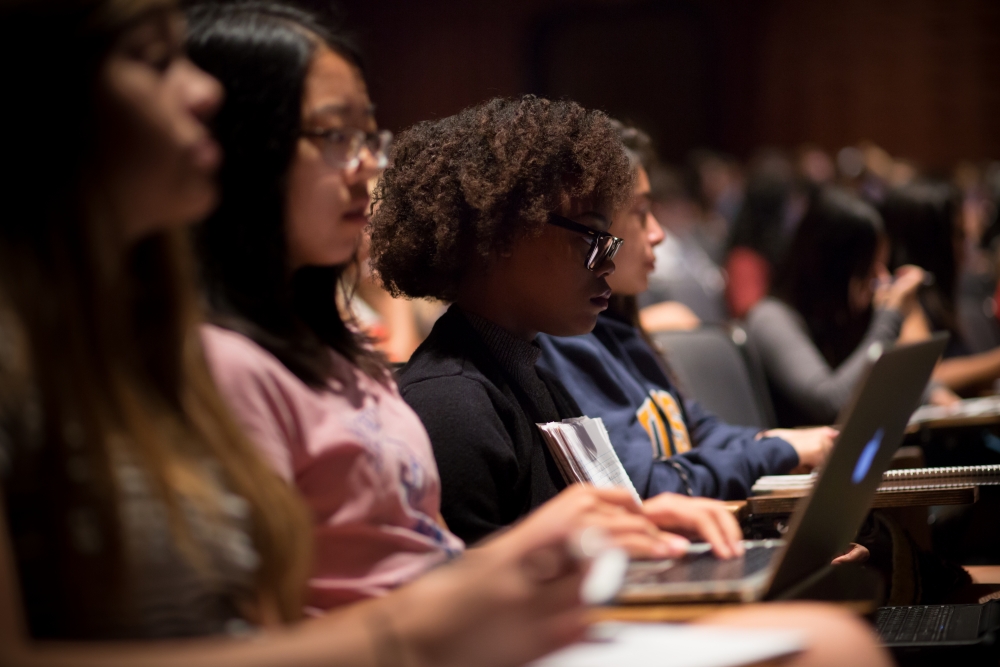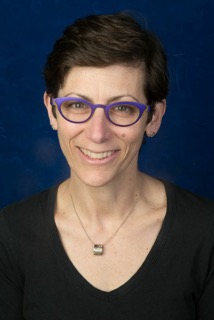
Engaging Humanities

UC Santa Barbara has received a five-year, $1.67 million grant from The Andrew W. Mellon Foundation to support the “UC Santa Barbara Mellon Engaging Humanities Initiative,” which offers innovative learning experiences, mentoring and academic support for students in humanities disciplines.
“‘Engaging Humanities’ will enhance the pedagogical practices of current and future faculty and help them develop innovative curricular models to convey connections between humanistic study, real-world issues and rewarding career pathways,” said David Marshall, UC Santa Barbara’s executive vice chancellor.
The initiative also will improve the pedagogical training of graduate students in ways that will prepare them for a variety of teaching contexts and expand their career options.
“We are excited that this grant will enable our faculty to develop cutting-edge courses that highlight the growing relevance of the humanities, especially as our society confronts pressing issues such as economic inequality, racial polarization, and climate change,” said John Majewski, the campus’s dean of humanities and fine arts. “These courses will highlight how skills such as analytical writing and critical thinking lead to rewarding careers and give students the tools they need to help change world.”
“This is an amazing opportunity,” said Linda Adler-Kassner, associate dean of undergraduate education at UC Santa Barbara and faculty director of the campus’s Center for Innovative Teaching, Research, and Learning. “It will attract students and bring them into the humanities by creating really fantastically innovative interdisciplinary courses that highlight the ways critical skills — communication skills, connections to citizenship — and career paths are threaded through humanities majors.”
The initiative will feature smaller classes — learning communities — for new first-year and transfer students, plus large (200-plus students) interdisciplinary humanities courses taught by faculty members and teaching assistants. Students in the learning communities will have access to graduate mentors, and through their courses they also will compile portfolios that demonstrate what they have learned and showcase their skills and abilities for employers and graduate schools.
In addition, students will be connected to undergraduate research opportunities as well as to options for broader study, such as the university’s Education Abroad and UCDC programs.
The initiative also includes a research symposium each year that will enable all participants — undergraduate and graduate students, faculty and area residents — to learn more about how the program is both contributing to and expanding understandings of the humanities. “At the end of the second year we’ll have a symposium for students and faculty to come together to share what they’re learning with each other and with other humanities faculty,” Adler-Kassner said.
And it all begins with a pedagogical seminar that brings together humanities faculty, graduate students, area employers and community members to explore what it means to be in the humanities, identify the constituent elements of humanities expertise and why that expertise is widely applicable across career paths. “We’ll bring in all the stakeholders in humanities education so we can dig into those topics,” Adler-Kassner explained. “Proposals for courses and learning communities will come out of that.”
She added that the “Engaging Humanities” initiative builds on the foundation laid by the Discovery @ UCSB Seminars program, which gives students small-group opportunities to learn how knowledge-making takes place. “We put faculty together and have them talk about the constituent elements of their expertise and how they come together,” she said. “The discussions and courses demonstrate how creative our faculty and students are, and have been transformative across the campus.”
UC Santa Barbara is the recipient of other significant support from The Andrew W. Mellon Foundation, most recently in the form of the 2018-19 Mellon-Sawyer Seminar, “Energy Justice in Global Perspective,” which begins this month and will develop new critical and creative research practices in energy justice by building on emergent work in the humanities and interpretive social sciences. Also, English Professor Alan Liu was awarded a $1.1 million three-year grant last year for his WhatEvery1Says (WE1S) project, which studies the representation of the humanities in public discourse.



